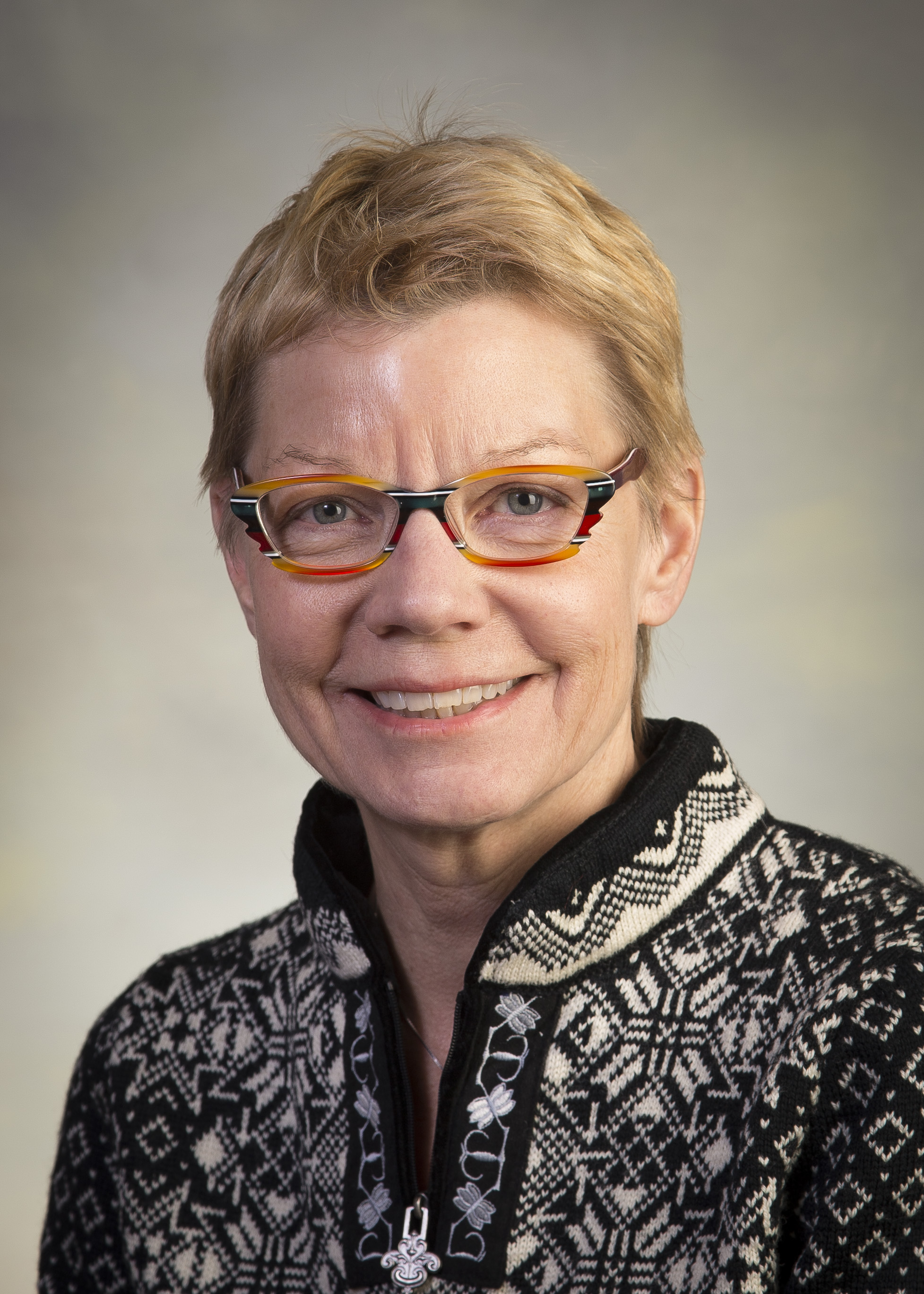-

-
Q&A with Representative Schreiber Beck
GNDCTuesday, March 3, 2020GNDC's Director of Government Affairs, Matt Gardner, recently attend the Workforce Development Council to represent our members and monitor WDC's efforts to ensure business needs are being considered. Representative Cynthia Schreiber Beck and Senator Randy Burckhard were appointed to the board to fulfill the federal requirement dictating the makeup of the State Board.
GNDC sat down with Representative Schreiber Beck to talk workforce, Legacy Fund, Aeronautics, and other ongoing efforts. We also ask her for advice to give other women who may be contemplating getting involved in the legislative process.
GNDC: What are you working on in the interim?
Representative Schreiber Beck: A primary focus will be workforce - potential bills or policy changes that need to occur in order for us to move forward. I certainly do not want to move forward without input from licensing boards [on potential impacts]. The Airframe and Powerplant Mechanics have to be licensed by the Federal Aviation Administration (FAA). The licensing procedure has not been changed since 1954. It is not based on competency, but on how many training hours with a completion test. The hours to me don’t always equate to true understanding. People could get through quicker if it was based on competency, a licensed mechanic in 1 year versus 2. We really need to work together to solve these [type of] problems.
Along with the Workforce Development Council, you serve on the State Aeronautics Board – tell us about the importance of this board to the state of North Dakota?
The board itself really looks at the infrastructure of the airports in North Dakota. We have been very successful with a great director, Kyle Wanner. We look at the ability to maintain those airports on a long-term basis. We will know in the next biennium what we need and even in the next 15 to 20 years what kind of dollars we are going to need in order to maintain airports to the safety standards that are set by the FAA. It is really critical we plan that far ahead, the legislature has been quite helpful in the last few years because the federal government puts in a tremendous amount of funding, 90 - 95% of project dollars. That is not a given now. State airports, versus Federal Airports, utilize local dollars and mill levy. But other than airport infrastructure, we are concerned about aviation safety in North Dakota, this includes getting ahead of the curve of unmanned operations. Although the FAA regulates airspace issues, we want to look at how we assist in managing the unmanned systems that are being operated in the state.
How will Operation Prairie Dog assist airports?
A very large full bucket will help to provide [required state dollars match to access] the federal funding. Our federal airports, as well as our commercial service airports, need infrastructure to support continued growth and enplanements.
March is National Women’s Month – you are 1 of 26 women that serve in the ND Legislature, what advice do you have for women who are thinking about getting involved in any part of the legislative process?
Probably for either male or female, it’s the ability to have the time and the interest to perform what service you can for the state and local district. I have worked most of the time in the culture of being the only female on the board: first on a local bank board, first on the Aeronautics Commission. I don’t feel that my function is affected because I am a woman, per se. Whether or not the males perceive that in the legislature, or how the men perceive that I am not sure. It has never been an issue, for me, personally - I have appreciated all the opportunities I have had. Advice: if you are interested don’t let [gender] be an issue. People need to have the commitment that they want to do it and go with an open mind. I always say if you come with an agenda that’s not why you should be serving.
Do you have any thoughts on the conversations regarding the Legacy Fund?
Everyone needs to look at the data and look into the future needs before dollars are spent. There are a lot of needs, everything from mental health issues, education, infrastructure, workforce. You look at the big gambit, we can't solve all those issues. Money won’t solve all those issues anyway. Throwing money at it doesn’t always solve the issue.Tell a Friend
-
The catalytic leader and unifying voice for economic prosperity throughout North Dakota.


